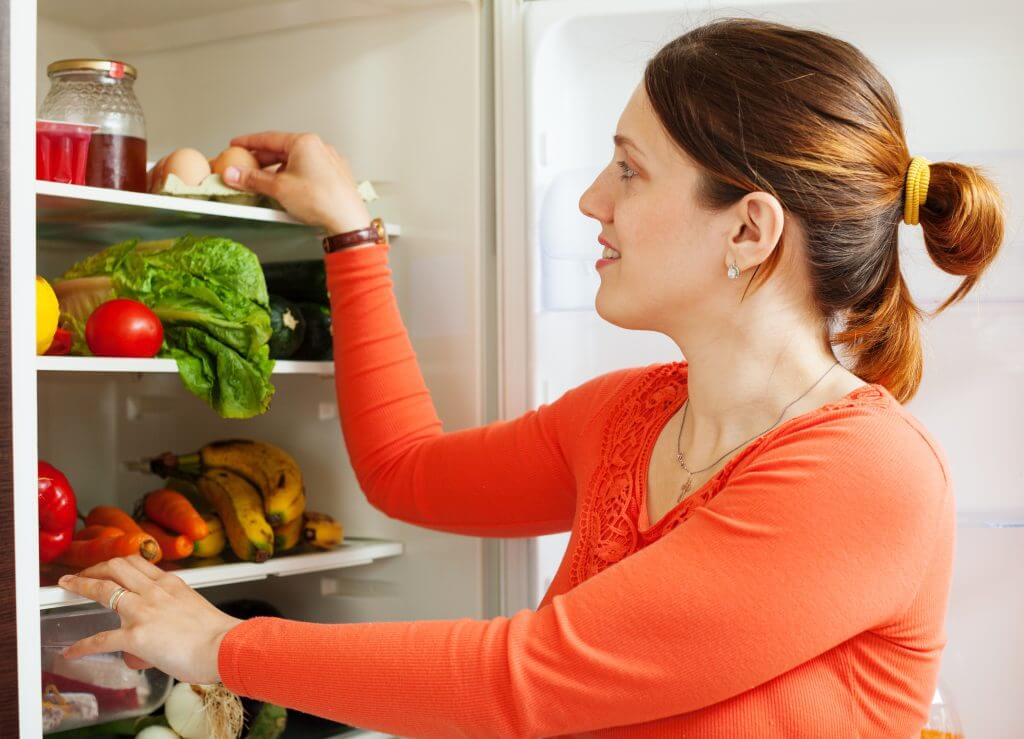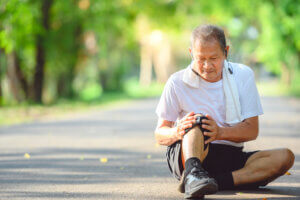Eating disorders prey on vulnerable people, who are, in turn, particularly susceptible to the social media messages around diet and exercise they are being bombarded with in this Instagram age.
“Many eating disorders start as a healthy eating regime. Nobody goes on a diet when they are feeling good about themselves, and eating disorders prey on vulnerable people who feel overwhelmed. Control over food and eating gives them an illusion of control when the rest of their life is out of control,” explains Dr Colman Noctor, child and adolescent psychoanalyst at St Patrick’s Mental Health Services (SPMHS) and assistant professor at Trinity College Dublin.
“Young people today have an endless tyranny of choice with the Instagrammation of culture. Through their online searches, they provide technology companies with information about their vulnerabilities which allows these companies to target them with constant posts and notifications about diets, weight-loss products, etc. This tends to be ‘lose-weight-fast’ fads and promises of quick fixes, not sound advice based around exercise and healthy eating.”
However, Dr Noctor is keen to stress that an eating disorder is a really treatable disease and when caught early, there is every chance a person can recover with the right treatment and support.
Dr Noctor will be speaking at the upcoming SPMHS annual Founder’s Day Conference on Friday, November 30th. Entitled Eating Disorders in a Modern Society, this year’s conference, in collaboration with Bodywhys (The Eating Disorders Association of Ireland), will bring together top practitioners with a focus on research, online and societal factors, diet and treatments.
Noctor points out that before the advent of the internet, people with eating disorders had limited access to information on diet and weight-loss, but today they have access to YouTube videos and posts. “Companies like Facebook, Google and YouTube are not concerned if you are a 14-year-old watching videos back to back. There is nobody on the internet to say you are too young or have watched enough. This feeds into the obsessionality, desire and anxiety of people with eating disorders. The more vulnerable or anxious you are, the more you search. The more you search and the more you reveal, the more you can be targeted.”
Even more sinister, notes Dr Noctor, is the large number of pro-anorexia (pro-ana) sites promoting maladaptive and dangerous methods of weight-loss. He points out that trying to prevent young people from visiting these sites is almost impossible, and a real challenge to those working in the area of recovery.
Eleanor Sutton, a dietician at SPMHS, sees first-hand how the online world drives eating disorder behaviour.
“I work with patients in anorexia and bulimia groups who are very easily swayed by what they see and hear on social media. They are bombarded with messages about diets of every kind – ketogenic, low-carb, shake diets – all promising a ‘get-skinny-quick’ fix.
‘Instagram photo’
“If they see an Instagram photo of somebody thin and attractive eating salad, they can become obsessed about eating salad because they think life would be perfect if they were thin. They might be obsessed with nut butter one month and the next month it might be kale or some other ‘super food’ that’s in. There is such an obsession with food and fitness online.”
Sutton points to the growth of the relatively new diagnosis, avoidant restrictive food intake disorder (ARFID), which may be underlined by factors such as avoidance due to the sensory characteristics of food, a lack of interest in eating or food, or worries about the consequences of eating.
“There’s no need to be nut-free, milk-free or dairy-free to have a healthy diet. It’s okay to stir-fry carrots or have a glass of milk. There is lots of strong evidence behind normal everyday foods containing protein, carbs, dairy and essential fats,” says Sutton.
She points to the availability of food and the relentless advertising around junk food, which feeds binge-eating, overweight and obesity.
“People use food as a reward system. If you have a good day, you treat yourself with something nice and if you have a bad day, you eat to cover up your feelings. When people come into St Patrick’s for treatment, we start unravelling the reasons for their eating disorders and dealing with the feelings underneath. We have to help them find another route besides food for coping.”
Sutton stresses the importance of eating breakfast, pointing out that the brain, a big organ which takes 10 to 15 per cent of your energy intake every day, needs energy in the morning and the best sources of food for the brain are brown complex carbs. Even something as simple as a slice of brown toast can help kickstart your brain for a morning of work or school.
Dr Toni O’Connor, advanced nurse practitioner at St Patrick’s Hospital, explains that while eating disorders tend to be associated with adolescents and young adults, there is an increase in the prevalence of middle-aged people going for treatment.
“Many of these older people have a history of eating disorders in adolescence but did not feel okay to come for help or treatment before.”
Most of the research and intervention developments to date have focused on working with parents of teenagers and young people with eating disorders, but Dr O’Connor focused her new research on the partners of people with EDs.
‘Middle-aged’
“Quite a lot of people coming for treatment are middle-aged and in relationships. The support and interventions that have been designed for parents are inappropriate in the context of an intimate relationship. We need to look outside the box of adolescent and young adult females when it comes to eating disorders.”
While many relationships break down under the strain of an eating disorder, Dr O’Connor’s research focused on partners who were committed to staying in the relationship.
The research showed that as well as the psychosocial and physical well-being of the person with the ED, the well-being of the partner was also greatly disrupted and they experienced a lot of distress as a result of the illness.
“The relationship roles of the couple change. When one partner takes over a caring role, it becomes more like a parent-child dynamic. The whole essence of the romantic relationship is lost, which is not what the partner bought into,” explains Dr O’Connor.
The relapsing, unremitting course of eating disorders over a period of time means the person with the ED and their partner live with repeated setbacks, Dr O’Connor says.
“Partners use various strategies to try to overcome this disruption and to support the recovery of their partner, but there is so little understanding, support, education and information or, indeed, access to professional services – they have to cope alone and for the most part, it’s trial and error. Partners are afraid of getting it wrong and most do in the beginning because they are not being supported and they have to live with the guilt of that.”
The findings of Dr O’Connor’s research provide a basis for the development of timely and effective interventions for partners of people with eating disorders, which will be the next step. The aim is to develop a formal programme – with the input of people with EDs and their partners – that combines individual, online and group interventions.
“There is such secrecy around eating disorders and partners speak of treading on egg shells and of silence in the relationship. They are afraid to talk about it because they don’t want to upset their partner.”
Source: The Irish Times




